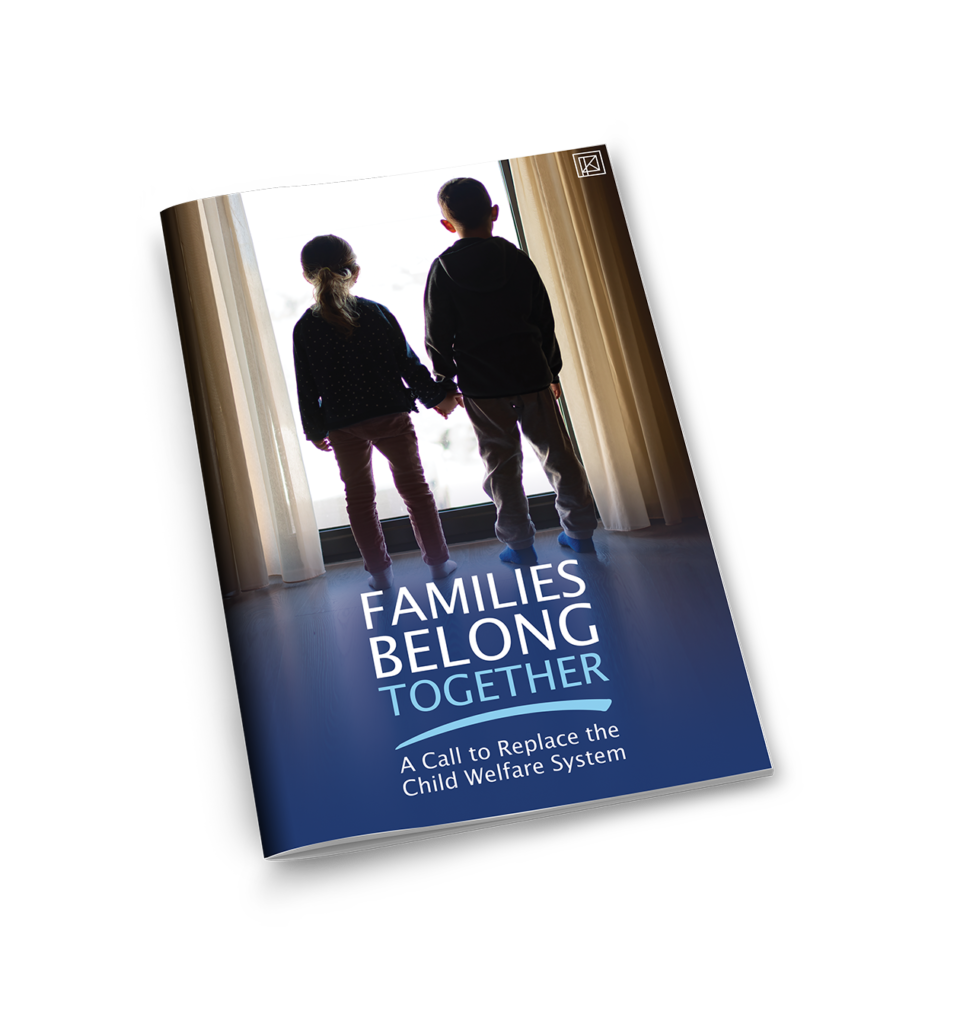In an episode of The Proximity Process podcast, Measuring the Right Problem with Susan Smith, data expert Susan Smith joined host Matt Anderson. Together, they delve into the complexities of the child welfare system and the need for transformative change. With a background in leading data teams at Casey Family Programs and extensive experience in public child welfare, Susan brings a unique perspective to the conversation.

The 2020 Casey Family Programs Vision Revisited
The discussion revolved around the Casey Family Program’s 2020 Vision. This was an initiative to reduce the number of children in foster care by 50 percent by 2020. However, as Susan reveals, the failure to achieve this goal underscores deeper issues within the system. Susan highlights the limitations of focusing solely on numerical targets without addressing underlying policy flaws and societal injustices.

“From a data perspective, we spent so much energy measuring permanence and no energy measuring anything else. The safety measures in child welfare were pretty much meaningless.”
The Importance of Redefining Success Metrics
One key takeaway from the conversation during The Proximity Process podcast is the importance of re-evaluating the metrics gauging success in child welfare. Susan points out the narrow focus on permanency measures, such as adoption or reunification, which fail to capture the broader spectrum of well-being for children and families. By shifting the narrative towards a more comprehensive understanding of well-being, she advocates for a more nuanced approach that considers the unique needs and circumstances of each family.
